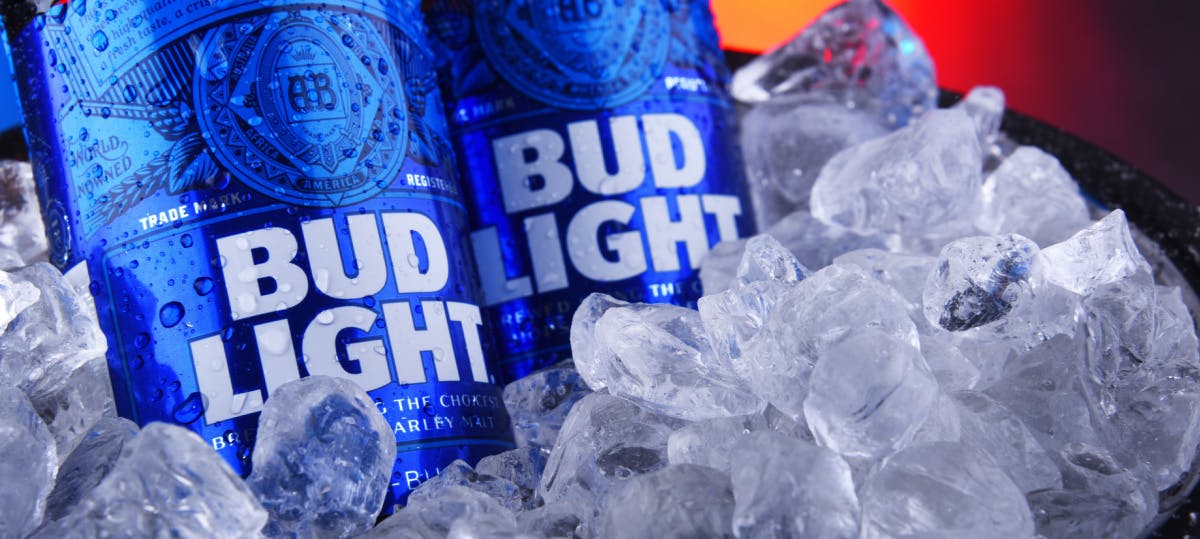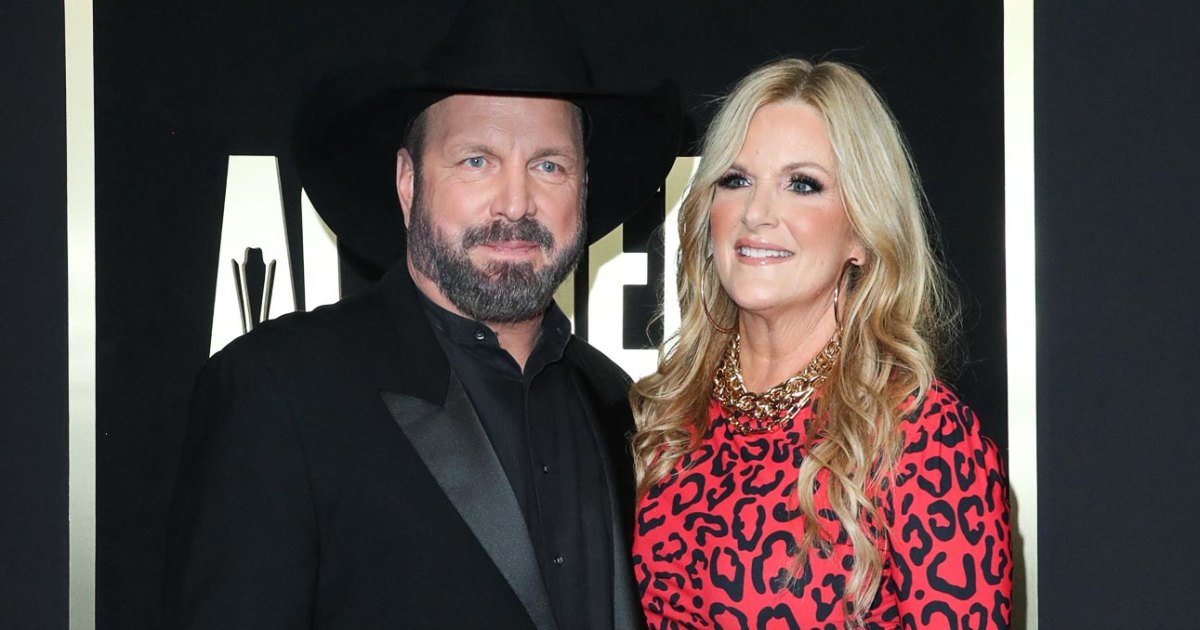
Bud Light's Struggle: AB InBev Records Significant 14% Drop in US Sales

AB InBev's US volume sales dropped by 141%, impacting its overall performance The CEO acknowledged that consumers seek beer without the debate However, this decline is not widespread, suggesting a specific challenge faced by the company
Source: Shutterstock
AB InBev, a major player in the beer industry, has once again faced setbacks in its commercial success due to the ongoing controversy surrounding its Bud Light brand and the involvement of trans influencer, Dylan Mulvaney. This controversy has sparked a boycott in the United States.
AB InBev experienced a 1.4% decline in volume sales during the second quarter, mainly driven by a significant drop of 14.1% in North America. In contrast, the decline was less significant in EMEA at 0.1%, while Asia Pacific witnessed a growth of 9.5%. AB InBev asserts that it observed an increase in volume sales in most markets.
Moreover, the company observed a considerable decline of 14% in sales to retailers in the US during this quarter. AB InBev attributed this decline primarily to the decreased volume sales of Bud Light. Additionally, the company's earnings before tax in the US saw a decline of more than a quarter (28%) during this period, which was attributed to a decrease in market share. It is worth noting that the US market accounted for more than one-sixth of AB InBev's total sales in 2022, and Bud Light represents its largest brand in the country.
The US boycott began in April when Bud Light briefly collaborated with Mulvaney, a transgender woman, to promote its ‘March Madness’ event. This partnership faced backlash from certain conservative public figures and resulted in calls for a boycott.
Although Bud Light discontinued any further collaboration with Mulvaney after the initial video, the repercussions are still significantly affecting the company's performance several months later.
The CEO of Molson Coors, Gavin Hattersley, recently announced that their brands are experiencing a surge in consumer demand. He stated that in the second quarter, the combined sales of Coors Light and Miller Lite exceeded Bud Light by 50% in terms of total industry revenue. This is a significant shift from the previous year when Bud Light outsold both brands combined. In 2022, however, the tables have turned.
AB InBev, the parent company of renowned brands like Corona and Stella Artois, announced favorable financial results for the second quarter of 2023, exceeding expectations. Revenues experienced a notable growth of 7.2% year over year, reaching $15.12bn (£11.95bn), whereas earnings before tax (EBITDA) increased by 5% to $4.91bn (£3.88bn). Analysts had anticipated a revenue growth of 6.4% and EBITDA growth of only 0.4% for the quarter.
Not widespread
AB InBev's recent financial results suggest that Bud Light may be losing some of its consumers to other beers. However, the company asserts that any negative sentiment towards the brand is not widespread. To support this claim, AB InBev refers to research conducted by a third-party company with over 170,000 participants, revealing that the majority of Americans have a positive or neutral perception of Bud Light, with approximately 80% of consumers falling into this category.
Although AB InBev acknowledges a decline in market share for Bud Light in the US following the backlash, it maintains that this decline has remained steady from the end of April to the end of June.
During a call with investors on August 3rd, CEO Michel Doukeris stated that Bud Light's US team is actively striving to regain market share. According to Doukeris, consumer feedback indicates a desire for Bud Light to prioritize popular platforms like the NFL, aiming to provide a hassle-free beer experience without any controversies.
AB InBev has been providing support to the brand through ongoing investments in sports partnerships. In the first half of the year, it increased its marketing and sales expenditure by 12.8% across various brands and markets, amounting to approximately $3.5bn (£2.8bn). As a result of this increased investment, the company stated that it experienced a boost in the brand power of its portfolio in 60% of its markets.














